With the holding and sharpening of swords in videos that can be seen as provocative incitement, Umno Youth chief Dr Muhamad Akmal Saleh has taken a page from the party’s past in stoking racial issues.
It is his gambit to seek a calculated advantage in national politics.
A Russia-trained medical doctor by profession, Akmal is supposed to follow the Hippocratic Oath not to cause harm to society.
Instead, the disease of dehumanising racialised politics implicitly threatening others has taken root (again).
As a doctor used to seeing pain, he appears unable to appreciate the damage he is doing.
So far, there have been three violent incidents against KK Mart, which Akmal continues to target despite calls by the Yang di-Pertuan Agong Sultan Ibrahim Sultan Iskandar and fellow party/government leaders to stop.
Instead, Akmal has carried on, smiling as his rhetoric leaves few smiles.
These actions reflect poorly on Malaysia and the government of which his party Umno is an important member. The issues go to the viability of Malaysia as a safe centre for investment, loss of jobs for Malaysian (mostly Malay) employees, and a deepening political polarisation in society.
In a highly global economy, Malaysia cannot afford to have this divisive discourse. Sadly, his actions parallel pouring acid into a wound with little regard for the pain.
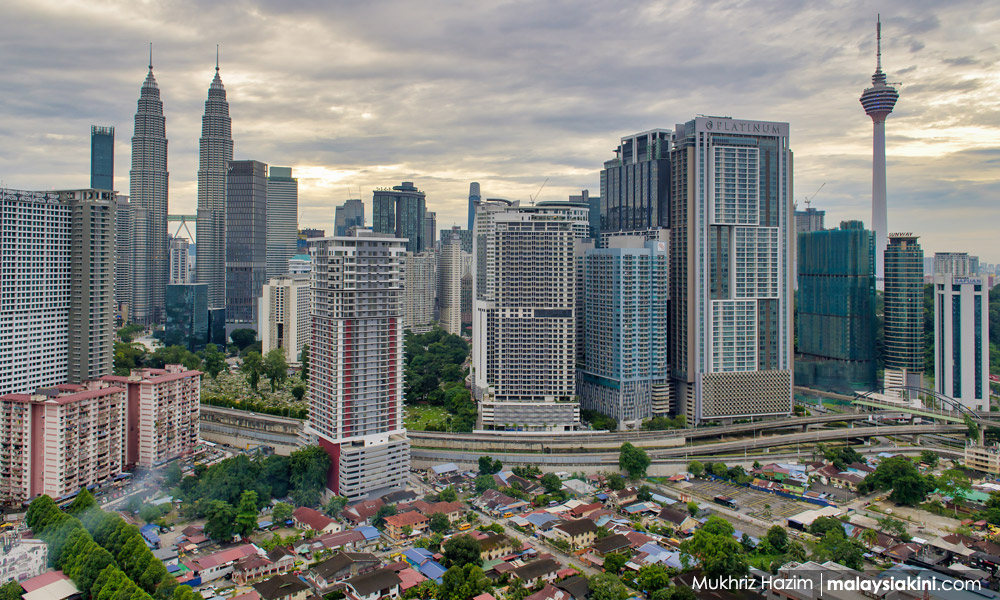
A bad political rerun
Many could couch these actions as a repeat of the past; it has been common for Umno Youth leaders to use racial resentment and provocation to gain standing.
From other Umno medical doctors including Dr Mahathir Mohamad and former Youth chiefs, now-imprisoned Najib Abdul Razak to now-suspended Hishamuddin Hussein, this use of Malay chauvinism has been a well-trod path to rise inside the Malay nationalist party of Umno.
Many older Malaysians recall the language and symbolism used in the past by younger ambitious politicians and the trauma they caused.
Today, however, the violent imagery and messaging have worryingly been ratcheted up; instead of writing a book or holding a kris, the emotive video sharpens a blade after violence has already occurred.

Deeply concerning, the messaging goes well beyond legitimate criticism of a handful of socks stocked in a supermarket. It is an outright appeal to negative emotions - to anger and fear - that divides communities that should have no place among responsible leadership of a multiethnic society.
As Perikatan Nasional/PAS learned in the 15th general election, videos go viral and may glean support but they are not forgotten for their hurtfulness. In this era of instant social media, this is not a time where messaging can be contained or controlled.
By comparison, PAS has wisely called for restraint at a time when emotions are high rather than using the KK Mart incident for political capital. It is after all a holy period for many faiths, a time for reflection and understanding.
A rise to national prominence
Akmal, however, has chosen his gambit. When the Umno Youth chief first entered politics as a candidate, he was seen as a moderate professional who would strengthen Umno’s professional image.
He was highly respected and popular in Merlimau, winning the state seat in Malacca handily in November 2021 and rising rapidly into state leadership.
Akmal was appointed to the Malacca executive council for Health and Anti-Drugs after the state polls through April 2023 and now holds the exco position for Rural Development, Agriculture and Food Security.
Akmal received his national leadership position due to his loyalty to Umno president Ahmad Zahid Hamidi. While he easily won the Youth party election in March last year, winning 102 out of the 189 divisions, he did so with the tacit support of Zahid and leaders close to him.
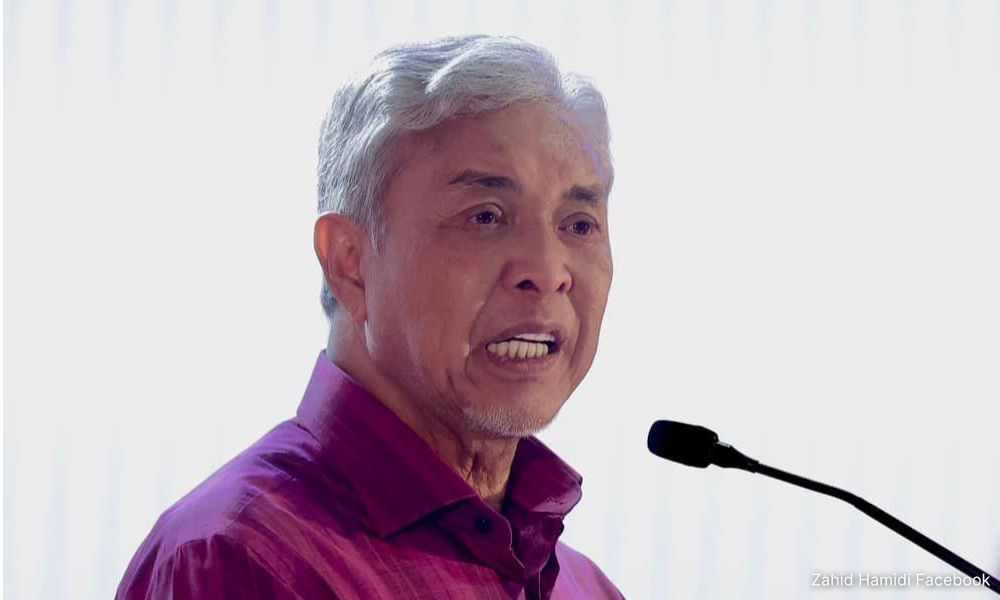
In the KK Mart response, Akmal has opted to come out of Zahid’s shadow, shedding his earlier political persona.
Now, Akmal is becoming known as a rabble-rouser and is arguably overshadowing Zahid, who allowed the KK Mart attacks to gain traction within the party and only spoke out after Akmal’s actions escalated.
The dynamic showcases Zahid’s weak leadership as Umno president, as he seems unable to control the young party leader.
Umno Youth has been a platform in the past to challenge and criticise sitting presidents as well. One cannot ignore this as Akmal overshadows Zahid.
Umno divisions over strategy
Within Umno, there are differences in how to position the party.
Since 2022, Zahid has been trying to position the party as “moderate” in the “middle ground” compared to PAS. He has also capitalised on being Prime Minister Anwar Ibrahim’s ally, not least on his own corruption charges.
The strategy has not worked effectively among the electorate, with Umno continuing to lose support in the six state elections last year, with considerably more erosion of the Malay vote compared to Pakatan Harapan. Zahid remains the least popular Umno president in that position.
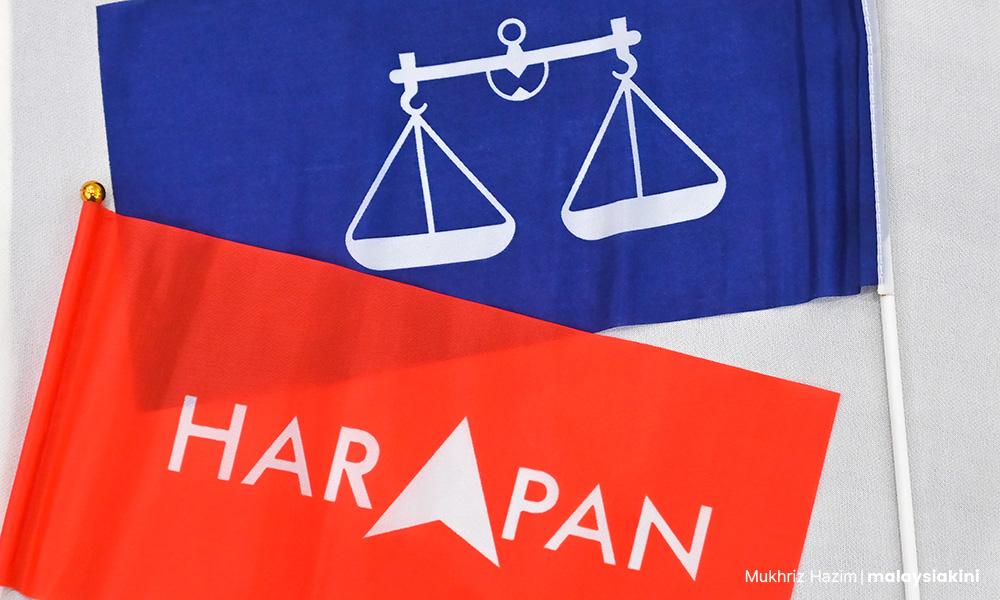
PAS/PN has made electoral gains out of traditional Umno support. It is no wonder that Umno is now competing using more extreme confrontational discourse, hoping to out-PAS/PN in emotional racialised appeals.
Some in Umno - especially those dissatisfied with the Anwar government - see Akmal’s “fighting” as strengthening Umno. For some, he is indeed Umno’s new hero.
Others suggest the strategy has more immediate pragmatic goals. As the Sabah election is on the horizon - either later in the year or (more likely) next year - some in Umno see racialised rhetoric as a means to shore up support for the party.
Sabah was where the party gained ground in 2020 after losing power in 2018. Ironically, they do not fully appreciate that a racialised approach will not help them to the extent they think it will in Sabah compared to Peninsular Malaysia.
This sort of peninsula politics is off-putting for most Sabahans. It is an electoral miscalculation out of a lack of knowledge of political dynamics in Borneo and alienating politicking.
Divisive rhetoric, nevertheless, is what is known (and easy as they have little to point to in terms of deliverables in office), so racialised rhetoric continues.
Targeting Anwar
Others see Akmal’s actions as an indirect attack on Anwar’s government. Not only is Zahid being overshadowed, but so is Anwar.
No question, the attack on KK Mart hurts support among the unity government’s largely non-Malay base and it has extended to Sarawak, where the owner of the convenience store chain is from.
Some in Umno are deeply unhappy to be part of Anwar’s government and support efforts to undercut the administration and showcase Umno as a party focused on itself/more independent rather than as part of a broad unity coalition.
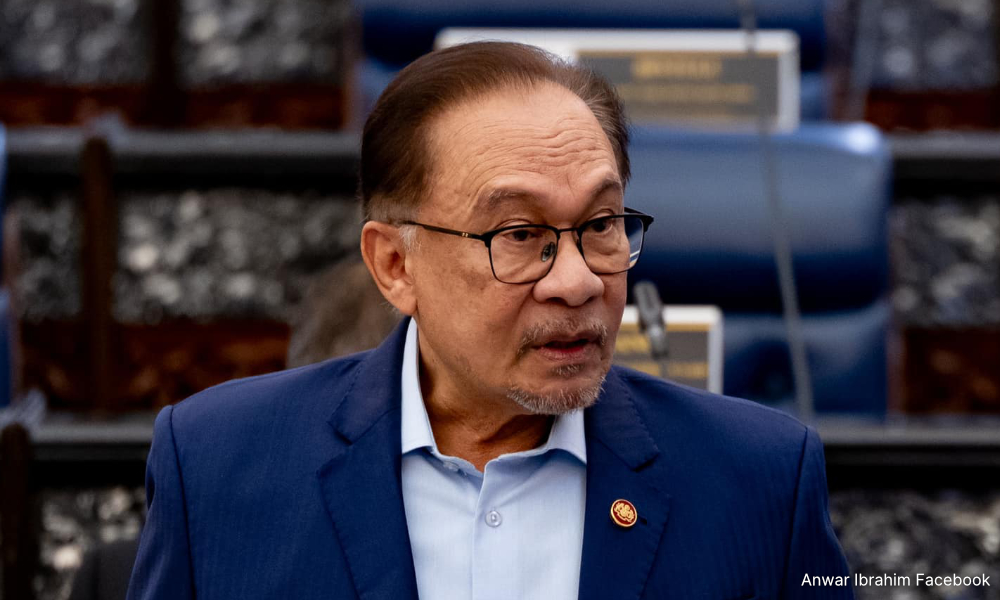
Some in the federal coalition government are even seen to be willing to let Akmal speak out as they see Umno as one of the weakest parties in the federal coalition government, electorally, with the hope that this can strengthen the connection of Umno leaders to their base.
This has come at a cost to racial tensions. Unfortunately, Anwar’s government has not effectively promoted racial unity while in office and this has allowed for an empowering of racialised narratives.
Poor communication strategies have made this more challenging. Words unnecessarily used by those in government have been hurtful toward minorities.
The initial days of silence by senior leaders in the administration amid the KK Mart incident did not help, as others were allowed to control the narrative. Now, racialised rhetoric is dominant and feeding on raw emotions.
The ethnic polarisation evident in GE15’s heated campaign is not far from the surface and is now being fanned irresponsibly. Ethnic conditions on the ground remain quietly but palpably tense.
It is an emotional time, as economic conditions and inflation are having an impact on society.
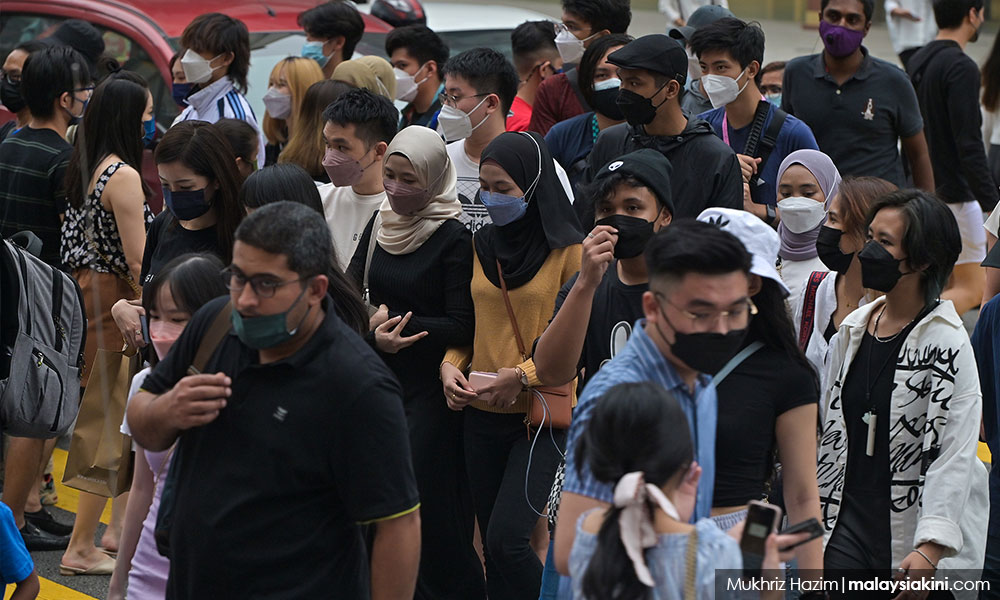
While many recognise Akmal’s actions as politically calculated, some buy into the anger being fuelled, as shown in the violent incidents to date and the support it has garnered.
It is easier to channel anger and frustration than to address more difficult underlying issues that promote insecurity and differences.
Akmal continues to speak out, basking in the heat of growing and worrying chauvinistic resentments. It is almost as if this is a political “game” rather than where lives are livelihoods are at stake.
Rather than base the discussion on issues that directly influence the well-being of Malays and can find a middle ground among all Malaysians, following the tradition of Malacca educationist and long-time grassroots politician Abdul Ghafar Baba, Akmal’s approach seems to seek political gain and to return Umno to its divisive racialised rhetorical past.
In Akmal’s gambit, Umno is gambling its past for its future, putting Malaysia as a whole at unnecessary risk. - Mkini
BRIDGET WELSH is an honourary research associate of the University of Nottingham’s Asia Research Institute, a senior research associate at Hu Fu Center for East Asia Democratic Studies, and a senior associate fellow at The Habibie Centre. Her writings can be found at bridgetwelsh.com.
The views expressed here are those of the author/contributor and do not necessarily represent the views of MMKtT.

No comments:
Post a Comment
Note: Only a member of this blog may post a comment.